🔦 Spotlight
This Wednesday, Techstars hosted a fantastic in-person expo for the Fall 2023 Los Angeles cohort and the Fall 2023 Space cohort at the Peterson Automotive Museum. 💼🤝💡
The in-person expo followed the virtual demo days for both cohorts, letting founders mix with mentors, investors, and community members. It was a celebration after three months of hard work, marking a significant step forward for the companies.
The LA cohort, based in Los Angeles, shared their favorite local spots during their Techstars stint, like Nobu, the Slauson Swapmeet, Destroyer LA, Equator Coffee, Mandarin Coffee Stand, and La Tostaderia.
I had the chance to chat with the Techstars founders at the event, and 100% of them said Techstars was a worthwhile experience, particularly for the relationships it facilitated. They appreciated the connections and the supportive environments that allowed them to be open and gain the most from the experience. Even the remote space cohort echoed these sentiments, praising Techstars for intentionally fostering relationships within and outside the program!
Shout out to Techstars LA lead and friend of dot.LA Matt Kozlov for another impressive cohort! 🎉👥🚀
Read more about the Techstars LA companies in our previous article here.
🤝 Venture Deals
Actively Raising
- Sweetie a dating marketplace startup, is raising a $250K Angel Round. - learn more
If you’re a founder raising money in Los Angeles, give us a shout, and we’d love to include you in the newsletter!
LA Startups
- GameTree, a startup that aims to create inclusive, non-toxic, and friendship-driven gaming communities, raised a $1.7M Seed Round from a group of investors that including Expert Dojo, Corazon Capital and more. - learn more
- OurSky, a startup building a developer platform for accessing space data using a network of telescopes it owns and operates, raised a $9.5M Seed Round led by Upfront Ventures, with participation frpm Oceans Ventures, Venrex Investment Management, Marlinspike Partners, and Embedded Ventures. - learn more
- Sona, a web3 music startup, raised a $6.9M Funding Round led by Polychain Capital, with participation from Haun Ventures and Rogue Capital. - learn more
LA Funds
- M13 co-led a $3.3M Seed Round for Layla, a four-year-old Berlin startup that says it uses social media content and AI to help users discover, plan, and book their travel experiences. - learn more
- MaC Venture Capital led a $5.3M Seed Round for Cambium Carbon, a startup that repurposes wood destined for the landfill. - learn more
✨Featured Event ✨

It’s that time of year again!
Our friends at AI LA are hosting the third annual #LongLA Holiday Party on Tuesday, December 12th from 6-11pm at the Pluto Penthouse on Wilshire.
The #LongLA Holiday Party is supported by a syndicate of LA-based organizations to celebrate the holidays and give back to the local community. Besides an epic party with tacos, drinks, and groovy tunes, we also host a food, toy, clothing, and gas gift card drive, benefiting LA Regional Food Bank, Children’s Hospital LA, Midnight Mission, and Safe Parking LA.
Earlybird tickets are on sale now!
Want your event featured? Shoot us an email!
📅 LA Tech Calendar
Saturday, December 9th
- Lens Fest X - Los Angeles - Meet your fellow LA-based AR Creators for a night of food, games, and cutting-edge AR demos at the legendary Two Bit Circus arcade during this extended Lens Fest 2023 meetup!
Tuesday, December 12th
- Founders Table Lunch - Enjoy a wholesome and laid-back lunch experience with fellow entrepreneurs and featured guests Matt Monday and David Gull, the creators of Vital – a groundbreaking personalized meditation app infused with the power of AI.
- Digital Health Event: Bowling and Arcade Night - Join OCV Partners, Amboy Street Ventures and Cigna Ventures for an evening of bowling, arcade games and more! Founders and investors, in the Digital Health space, will connect and collaborate at the Mar Vista Bowlero.
Thursday, December 7th
- Amazon Ads Festive Fête: A Holiday Mixer - Amazon invites local marketing & agency leaders in the LA area to a festive gathering at TopGolf. Enjoy an afternoon of networking, food & drinks, and lively discussions to ring out the year. Secure your spot now as space is limited!
Have an awesome event coming up? Reach out to be featured on next week’s Newsletter!
📙 What We’re Reading
- Read about Alex, the 10-year-old hero who helped Pledge, the award-winning charitable fundraising platform, reach the milestone of raising over $100,000,000 for more than 50,000 nonprofits and charities around the world! - read more
- Spotify will cut 17 percent of its’ global workforce. - read more
- Netflix and Apple open doors to larger streaming bundles ! - read more


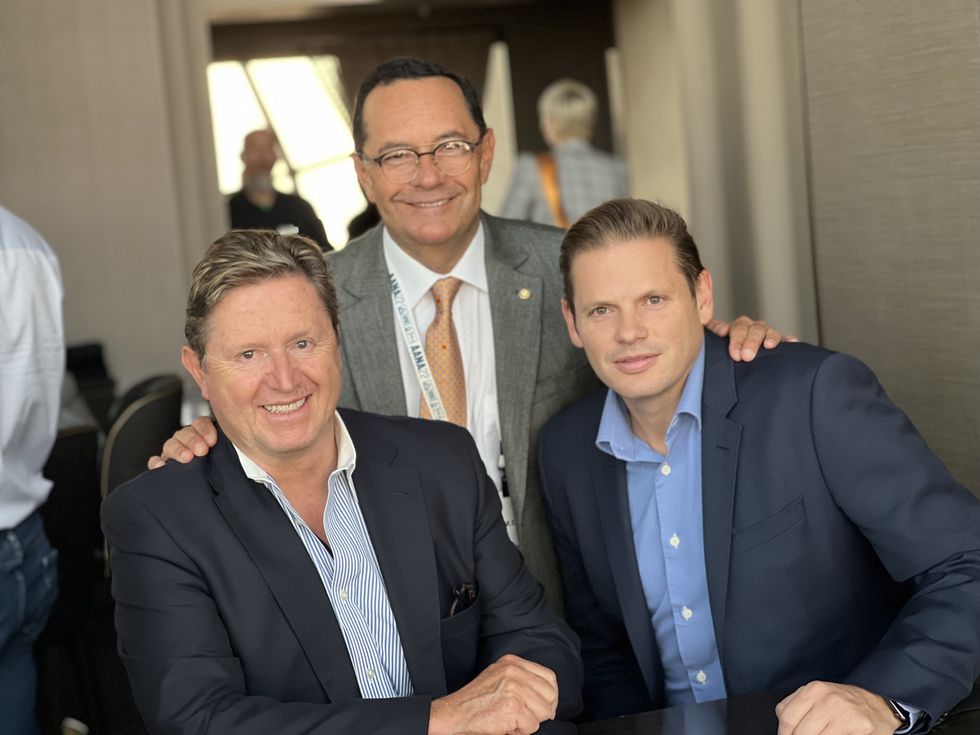 Gustavo De Greiff, Dr. Carlos Leal and Felipe RigbyTechstars
Gustavo De Greiff, Dr. Carlos Leal and Felipe RigbyTechstars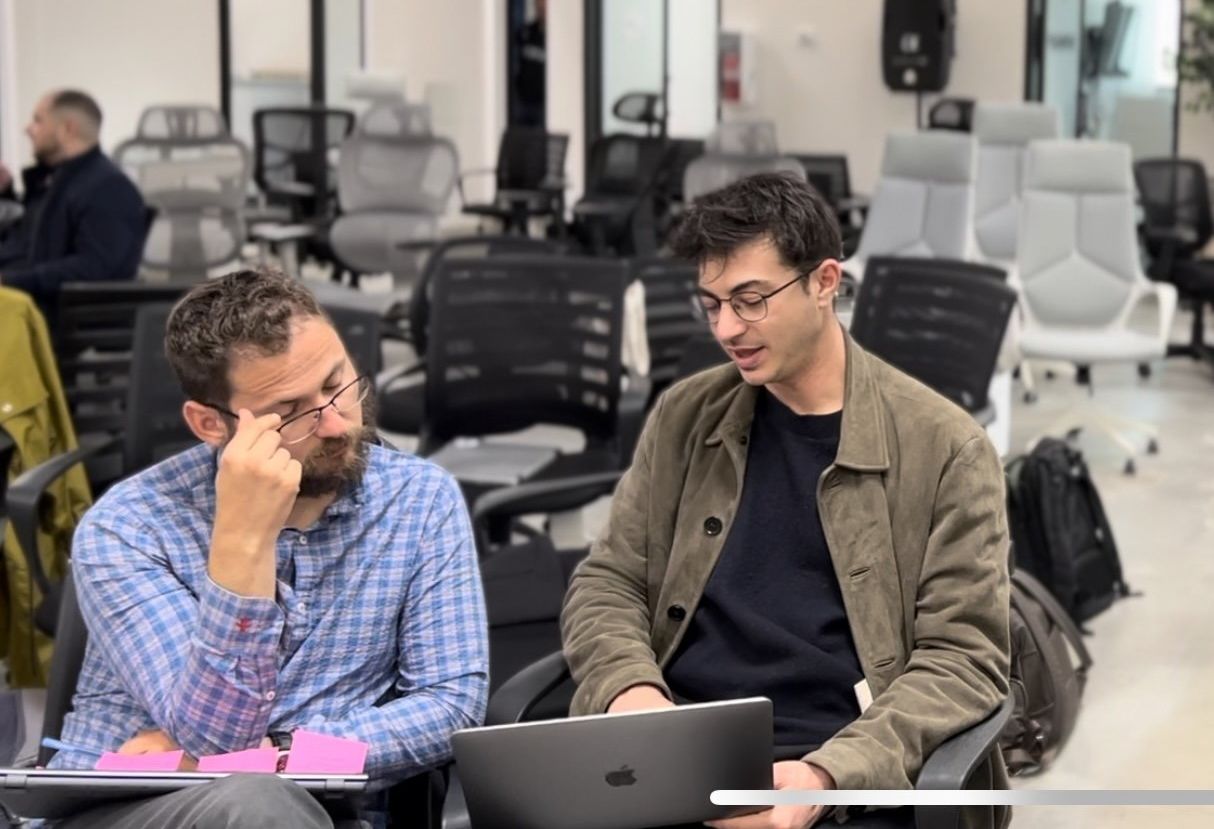 iCardio.ai co-founders Roman Sandler and Joseph Sokol. Courtesy of Techstars
iCardio.ai co-founders Roman Sandler and Joseph Sokol. Courtesy of Techstars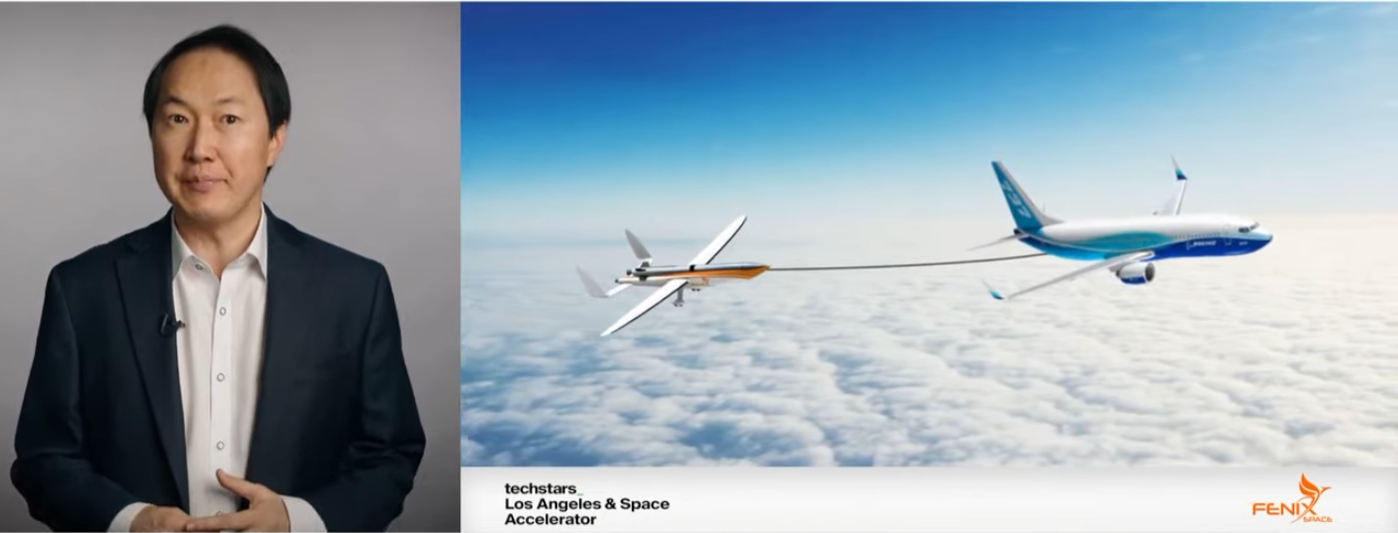 Fenix Space CEO Jason Lee. Photo: Fenix/Techstars LA
Fenix Space CEO Jason Lee. Photo: Fenix/Techstars LA 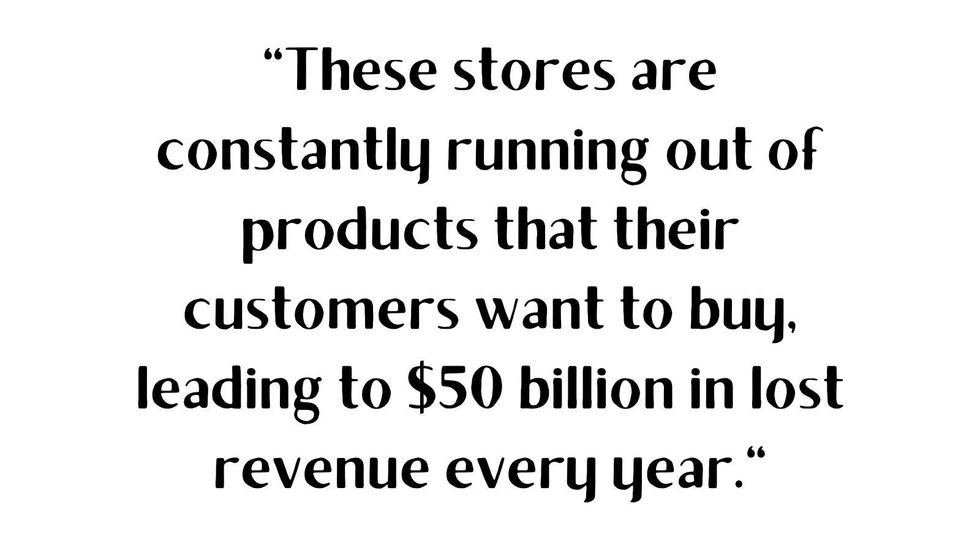
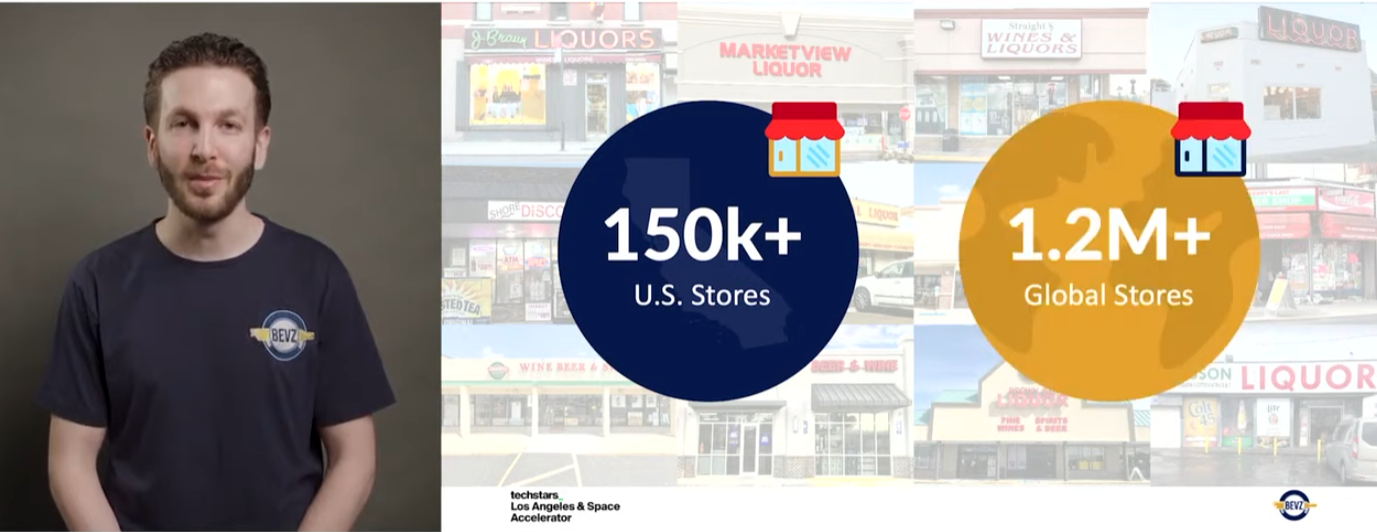 Bevz CEO Jason Vego pitches his app for convenience stores. Photo: Bevz/Techstars LA
Bevz CEO Jason Vego pitches his app for convenience stores. Photo: Bevz/Techstars LA